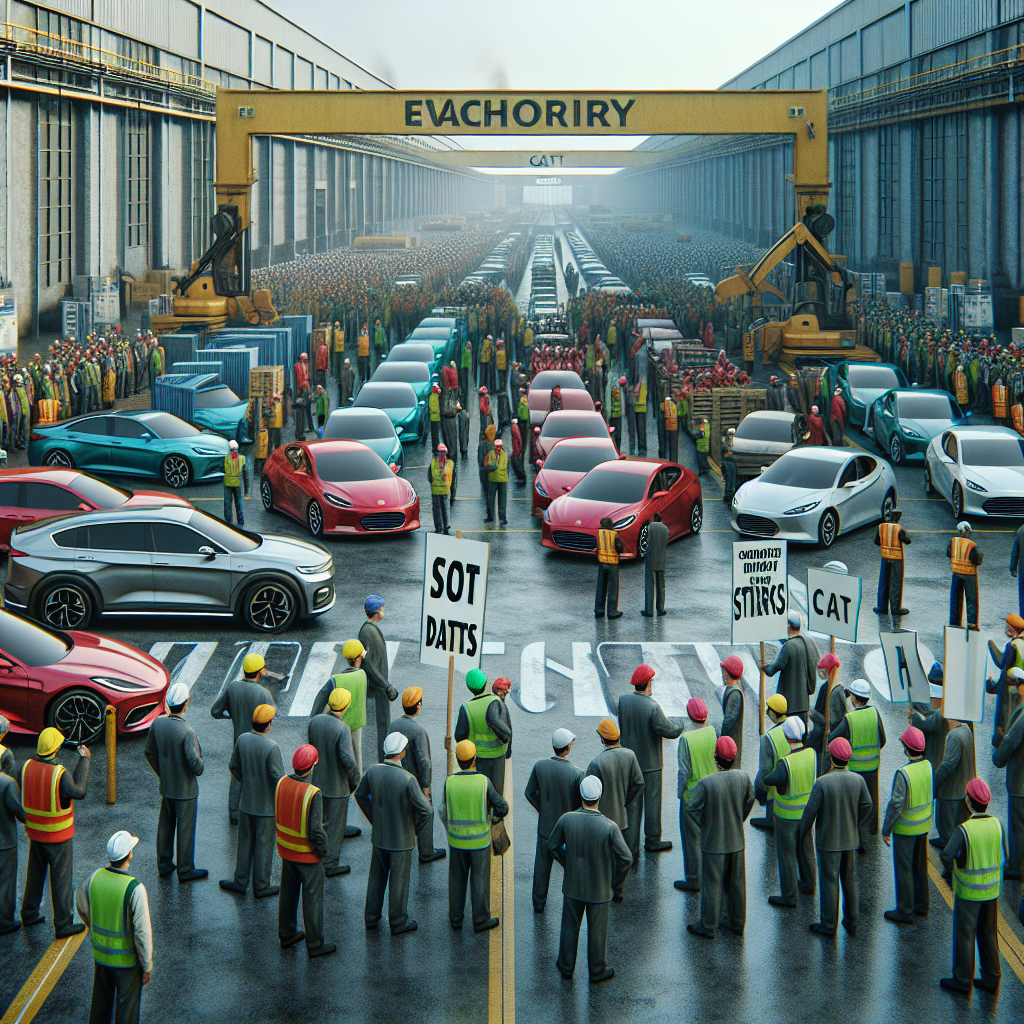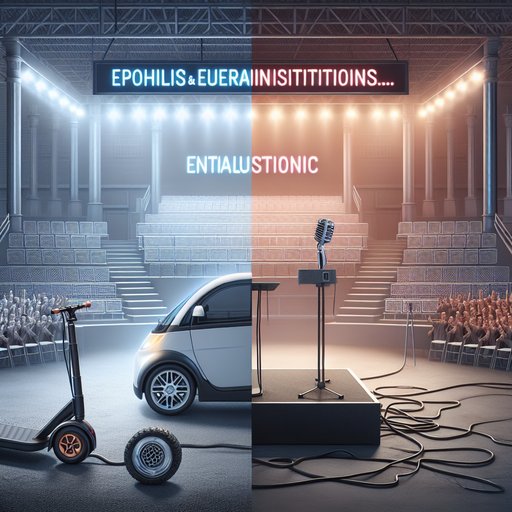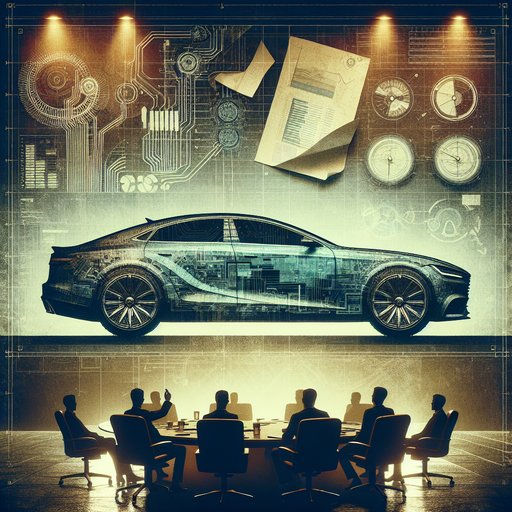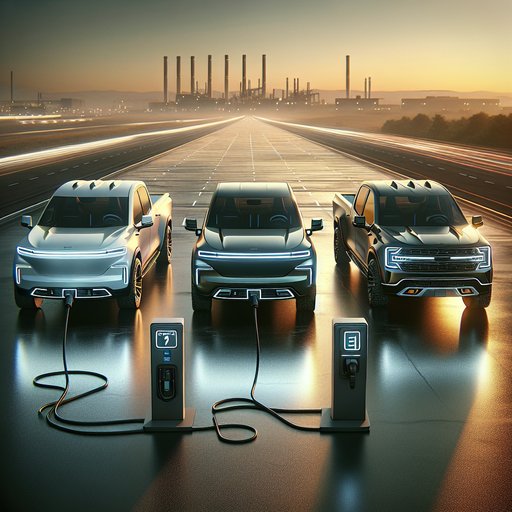
The automotive industry is experiencing significant shifts as major manufacturers navigate labor relations, production challenges, and technological transitions. While Stellantis and General Motors have expressed support for Canadian auto workers [1], other manufacturers face their own set of challenges in production and operations.
Jaguar Land Rover (JLR) is currently grappling with a severe cyber attack that has completely halted car production since September 1st. The attack is estimated to be costing the company up to £5 million per day, with confirmation that data has been "affected" in the security breach [2]. The impact is being felt across JLR's global operations, significantly disrupting their manufacturing capabilities [3].
In the United States, Hyundai is facing setbacks with its electric vehicle initiatives. The construction of their EV battery plant has been delayed following a raid by Immigration and Customs Enforcement (ICE) [4]. This development comes at a time when the automotive industry is pushing heavily toward electrification.
The European automotive sector is seeing its own developments, with new Renault Group leadership emphasizing the need to focus on reducing electric vehicle prices to make them more accessible to consumers [5]. Additionally, the European Union has shown support for developing a new class of small, affordable cars, taking inspiration from Japan's successful kei car segment [6].
- Weekly roundup: VW's US investment, Tesla's market share drops, Stellantis & GM support Canadian laborers - CBT News
- Cyber attack could be costing JLR £5 million a day
- JLR confirms data affected in cyber attack
- Hyundai is now delaying its EV battery plant that was raided by ICE
- New Renault boss: Europe needs to focus on cutting EV prices
- Industry plans for new small, affordable car class backed by EU
















